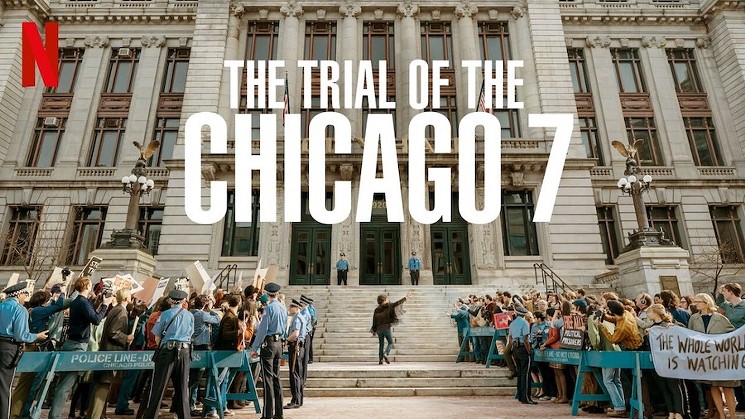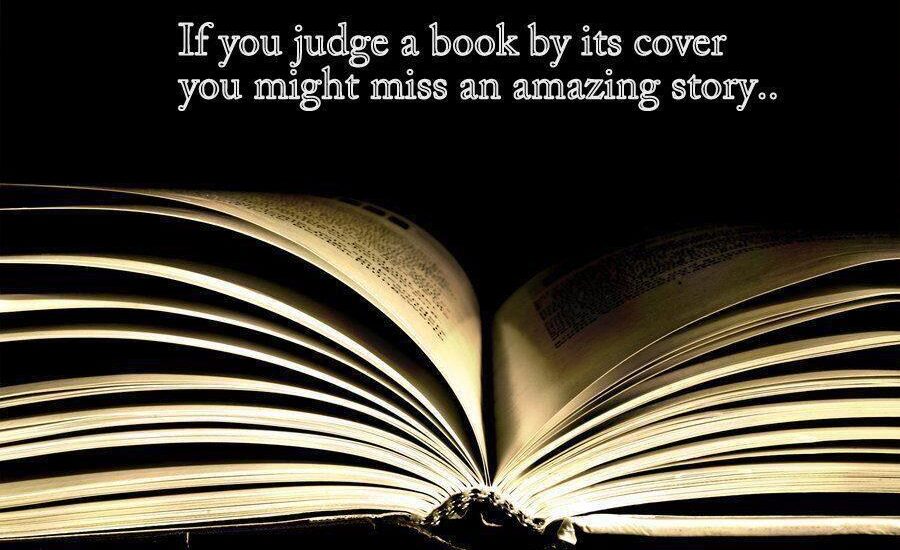sales lessons
-
The Latest Perspective on My Most Popular Article on Selling
- December 20, 2022
- Posted by: Dave Kurlan
- Category: Understanding the Sales Force

During a first sales call, suppose your salespeople hear one prospect say, “This has been a very interesting and productive conversation and we might have some interest in this.” And imagine another prospect at the same meeting says, “We’ll get back to you next month and let you know what kind of progress we’ve made.” And still a third might say, “In the meantime, please send us a proposal with references and timeline.”
-
New Movie Has 3 Great Lessons for Salespeople and Sales Managers
- January 18, 2021
- Posted by: Dave Kurlan
- Category: Understanding the Sales Force

Among all the product shortages we have experienced in the past ten months, there has been no shortage of crappy movies. It’s almost like the movie studios decided to release all the movies filmed in the past several years that weren’t ready for prime time and hope that people would stream them at home during the pandemic because we had watched everything else.
One exception to the crappiness of 2020 movies is The Trial of the Chicago 7. This article is not a review of the movie but it was a terrific film and worth the time to watch it. As good as this movie is, it comes with a bonus because it also provides three exceptional lessons for salespeople and sales managers. Let’s take a look!
-
The Second Most Important Sales Lesson of My Life
- September 8, 2016
- Posted by: Dave Kurlan
- Category: Understanding the Sales Force

Earlier this week I posted an article that told the story of the biggest sales lesson of my life. I received so many emails about that article because it seemed to really resonate with my readers. Yet, as much as it resonated, there was one question that several of them asked in their emails. They wanted to know why we were in that tenement building in the first place. And the answer to that question leads me to the second most important sales lesson of my life.
-
How to Find More Sales Opportunities (without Cold Calling)
- June 19, 2009
- Posted by: Dave Kurlan
- Category: Understanding the Sales Force
The two biggest problems for most companies right now, in this economy, are delayed closings and not enough new opportunities. I’ve tackled delayed closings, so today, with a little help from my friends, I’ll tackle not enough new opportunities. I mentioned in my last post that (most of) you need three times more opportunities than ever before to make up for the late stage opportunities that aren’t closing right now.

